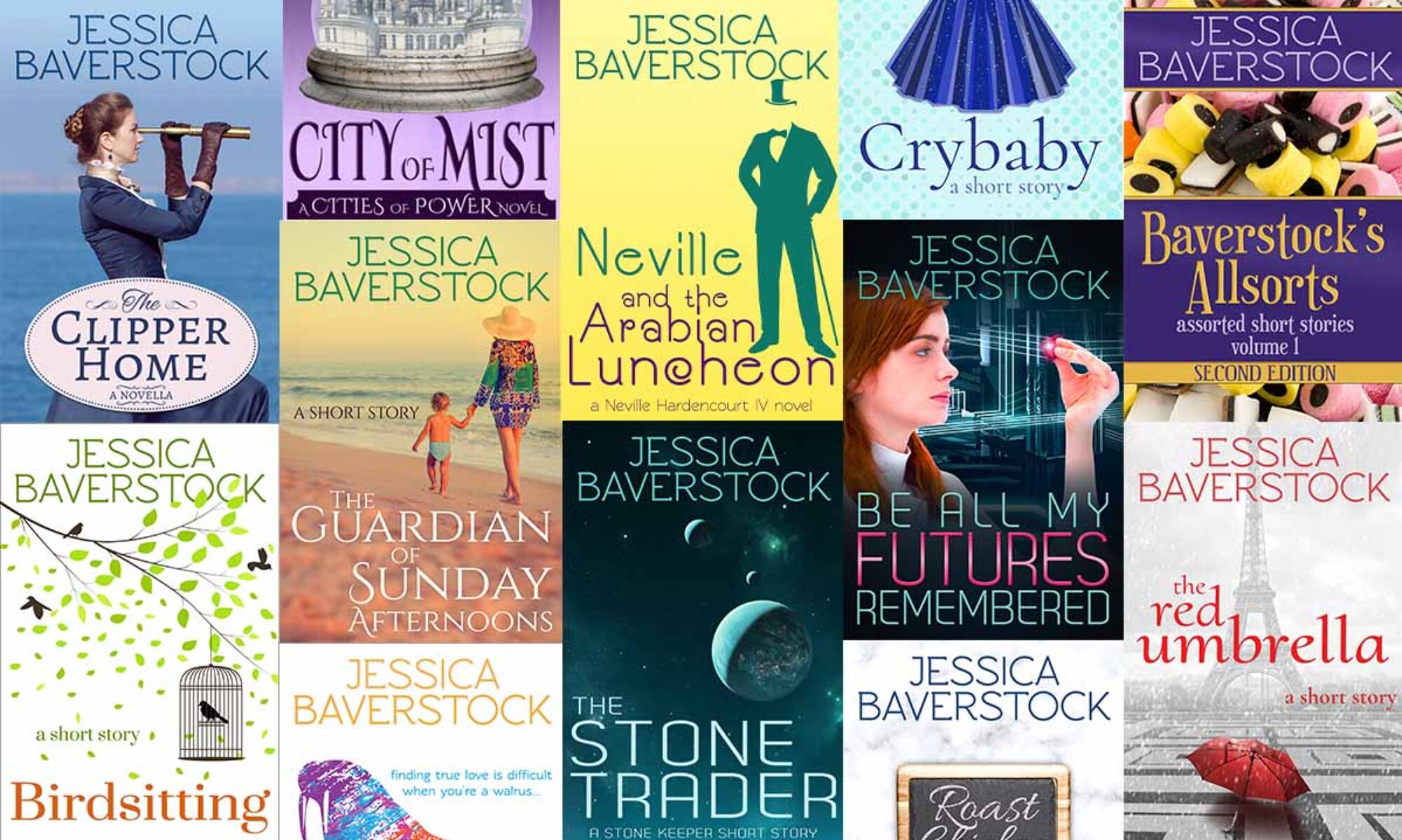Recently I came across a series of blog posts by award-winning, best-selling writer Kristine Kathryn Rusch where she was describing her personal battle with her critical voice. The posts are a very interesting read if you’d like to see how a very experienced creator deals with a problem we all face (here, here, and the link below).
In one of her posts, she mentioned that her critical voice was talking to her “in ways that I would never allow an actual person to do.”
That sentence really hit home. If someone walked up to you in the street and said, “You’re a failure. Nothing you do is ever going to be good enough. People hate what you make. You should never get out of bed in the morning,” would you say, “Thank you. Please return every morning and evening to remind me of this”?
Wouldn’t you rather back away and consider talking to the police if this kind of behaviour continued?
And yet. And yet. If you’re anything like me (and Kris, and many, many others) you’ve got this ‘helpful’ voice in your head day in and day out.
The question is, do you listen and believe? Do you let yourself be spoken to like that without any kind of response?
And what is the correct response?
Let’s see what my creative voice has to say. After all, she lives with the critical voice every day too.

Jessica’s Inner Critic (or let’s call him critical voice and keep him in the lowercase) is a bully. A big, loud, incredibly impolite (and incredibly chartreuse) bully.
(Jessica tells me chartreuse means a yellow green colour, which is the opposite of what I thought it meant. I thought it was a flushed red. But we can dress him in chartreuse and then I’ll be accurate. Isn’t chartreuse a fantastic word? It just means the wrong thing. It should totally be a red. Or am I thinking of a different word?)
Anyway, he marches around in his fuchsia hobnailed boots (fuchsia, that must have been the word I was thinking of) poking holes in absolutely everything that is going.
He has no interest in creating things and enjoying things. Everything has to be just right (perfect! Shudder) and safe. And he’s in no way what so ever polite about it all.
I’m always wanting to yell, “MANNERS!” to the blasted man and get him to stop sitting on all my good ideas (he dents and squashes and decimates whatever he touches).
(Even now he takes issue with my description of him, saying that I’ve completely misrepresented his colour scheme and haven’t used the word “dapper” once to describe him. I do apologise. Not!)
He’s impossible to work with. He gives no quarter. He never sees my side of the matter (which is usually bright orange and purple and completely wacky and wonderful). He makes everything bland and boring and unusable.
His claim is that he wants to prevent us from offending anyone, but he does so in the most offensive way with incredibly offensive language. Why does he never walk the talk (or walk the plank, which I would find utterly preferable, not to a shark-ridden sea necessarily, more of a freezing cold ocean with menacing narwhals)?
The only way I can truly create is if he’s completely out of the way and never let into my Imaginationland.
How does that happen? I’ll have to hand you back over to Jessica for that one. I can’t do it on my own. He’s built like a tank and refuses to move, even when I run full pelt into him. (Even when I command my sizable band of pastel, musical ladybirds to fly in his face until he moves. It still doesn’t work.)
There are a few different ways to deal with critical voice that have worked for me and others.
Firstly, create a safe place to be creative. In other words, find a corner of your home or a device set up or a set of pencils or something that represents your pure creative time and shut out the critical voice. Every time the voice erupts, firmly say (out loud if necessarily) that we’re creating now and this isn’t the time to be critical. Get into the pattern of shutting down the voice while you’re creating.
How do you do that?
Provide the critical voice with something to do (as suggested in Kris’s post on the subject). Recognise that the critical voice wants to protect us from harm (even while it causes harm, crazy isn’t it?) and so if you can give it something to do (learning more about craft, scheduling your day, planning a book release) then its energy is more taken up with things that will help you and be less likely to intrude on your creative time when it’ll do the most damage.
And thirdly, protect your Creativity from the critical voice. Don’t let that awful voice anywhere near your creations. Don’t let it get bogged down in multiple drafts, stripping all the creative goodness from your words. Don’t let it “fix” your creations. Keep it far, far away. In the back room, doing the accounts (as Creativity would say).
So, when you hear your critical voice, you need to remember that it’s not helpful in creative endeavours. It’s not creative. It makes things bland and uninteresting. And, worst of all, it speaks in tones that damage your self-worth, your self-esteem, and your motivation. Don’t stand for that. If you wouldn’t let a person speak to you in that manner, don’t let your internal voice do the same.
Does this resonate with you? How do you fight back against your critical voice?
